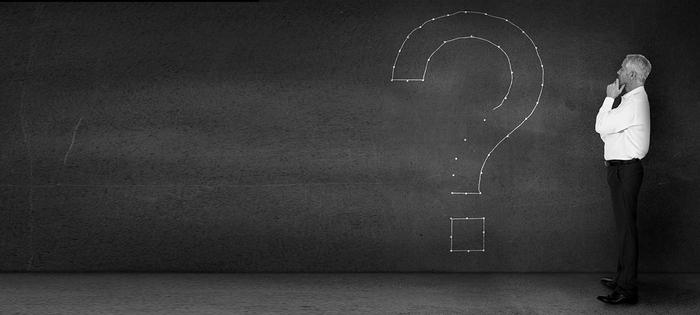We are now three weeks into our "State of the States" series on Gallup.com. Here are some interesting connections and observations we have made based on the articles about state-level politics and religion in our series thus far:
Democrats' state advantage may be dwindling, but liberal identification is rising.
Blue states outnumbered red states last year, 17 to 14, but that advantage has been shrinking since 2008. That year, Democrats held a 30-state advantage over Republicans, though that lead shrunk to seven states by 2012. This shift reflects the general downward drift from a high point in Democratic identification associated with Barack Obama's first presidential election campaign in 2008. Meanwhile, the percentage of Americans who consider themselves liberal has been steadily rising since 1992, up to 22% in 2013. Conservatives still have an advantage over liberals, but the gap shrunk to 15 percentage points in 2013. This suggests that, while some on the left are using the term "progressive" to describe their policies and ideology, the liberal brand may have life in it still.
Mississippi is the most religious state and the most Protestant.
Mississippi is the most religious state in the nation, with 61% of residents describing themselves as "very religious." It is also tied for the state with the most self-identified Protestants, at 77%. Does this mean that Protestant states are generally the most religious? Not exactly. While Protestants are above-average in their religiousness, Mormons are the most religious denomination Gallup routinely measures. Utah, a majority-Mormon state, holds the title as the second-most religious state in the United States. But states with the highest percentages of Protestants do tend to be more religious than highly Catholic states.
The top 10 Catholic states voted for Obama, the top 10 Protestant states voted for Romney.
Highly Protestant states tend to be clustered in the South, which routinely tilts Republican in national elections, while the majority of highly Catholic states tend to be in the Middle Atlantic and New England regions, where Democratic candidates fare well. Thus, while President Barack Obama is not Catholic and Mitt Romney is not Protestant, the 10 most Protestant states all voted for Mitt Romney in the 2012 presidential election, while the 10 most Catholic states all voted for Barack Obama. In the 2008 presidential election, all current top 10 Catholic states voted for candidate Obama as well, while nine of the 10 Protestant states voted for John McCain, with the exception of North Carolina, which went to Obama.
President Obama is losing ground overall, but making some surprising gains.
The president's yearly average job approval rating declined about two points nationally in 2013 versus 2012, and he lost majority support in three states: Washington, Minnesota, and Michigan. Yet, he stayed even or gained slightly in three states -- North Dakota (from 33% in 2012 to 36% in 2013), Alaska (from 31% to 34%), and Texas (44% to 46%). The last state is of interest, because in 2013 Obama had a higher rate of support in Texas than he did in nine states that voted for him in 2008 and 2012 -- Maine, New Hampshire, Pennsylvania, Ohio, Iowa, Colorado, Nevada, New Mexico, and Oregon.
Stay tuned for more State of the States coverage this week, where we will feature the following topics:
- Job Creation by State (Feb. 12)
- Standard of Living by State (Feb. 13)
- P2P (Payroll-to-Population) and Underemployment by State (Feb. 14)
To get these stories as soon as they publish, sign up for Gallup News alerts.
